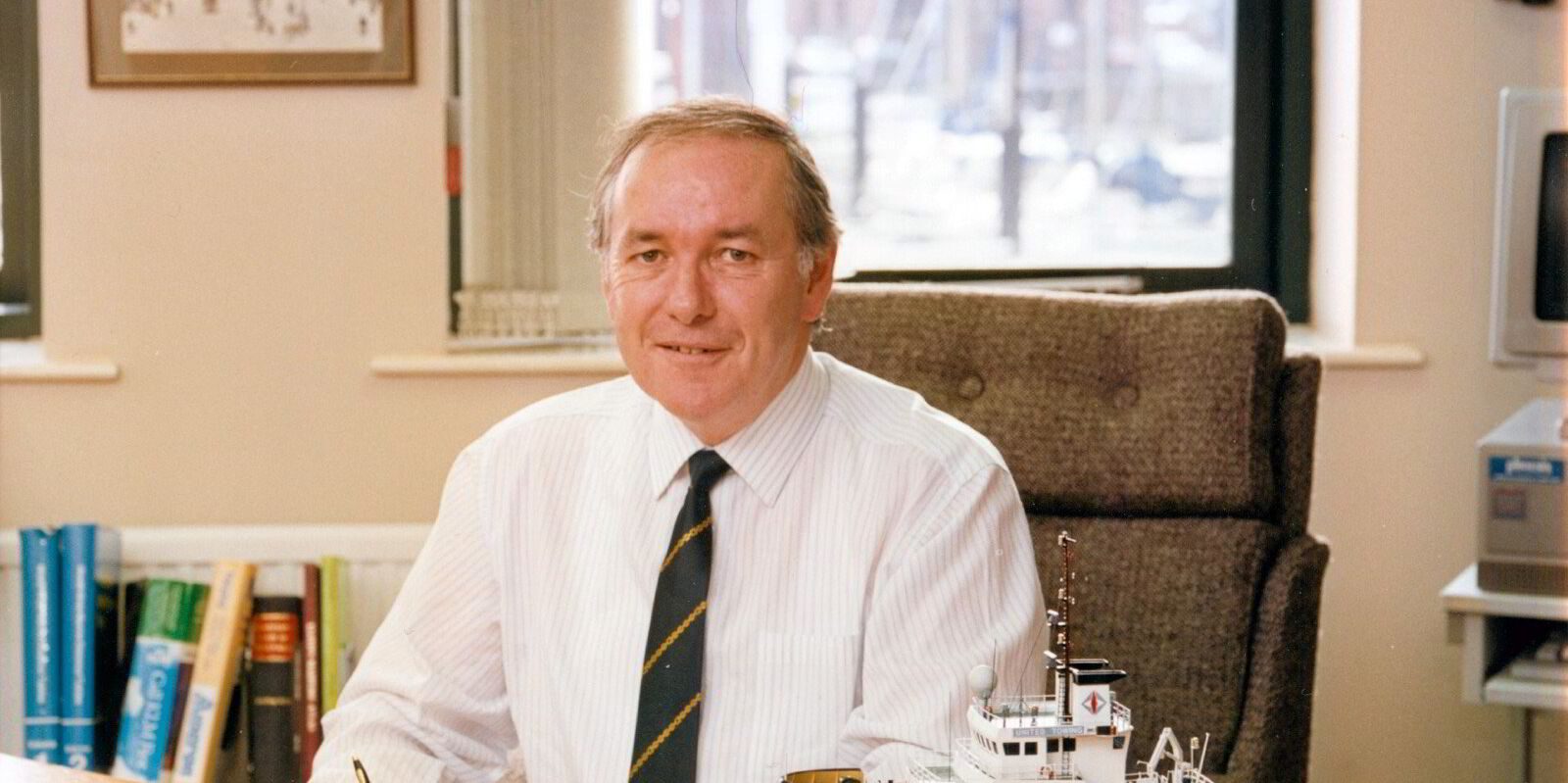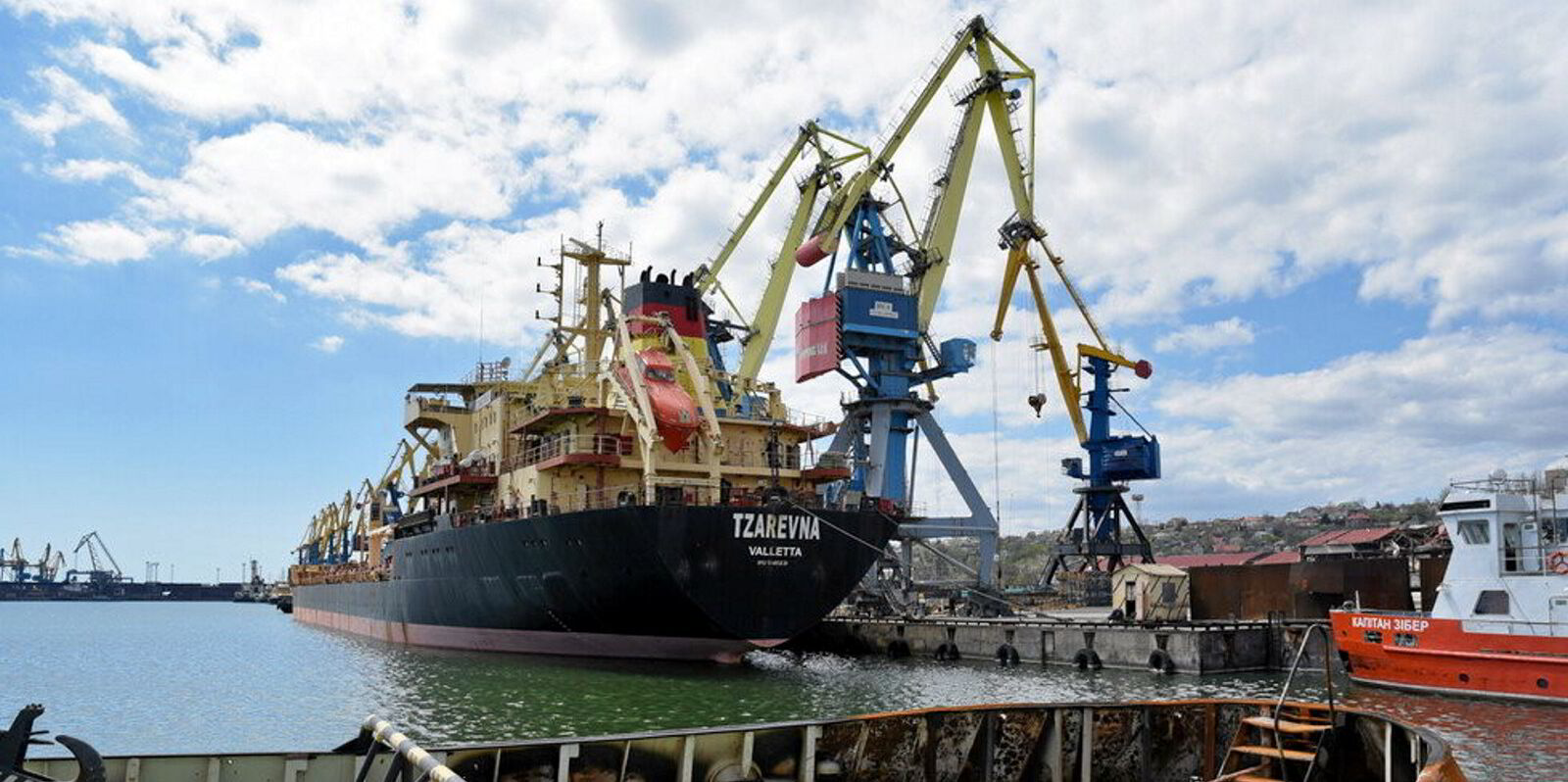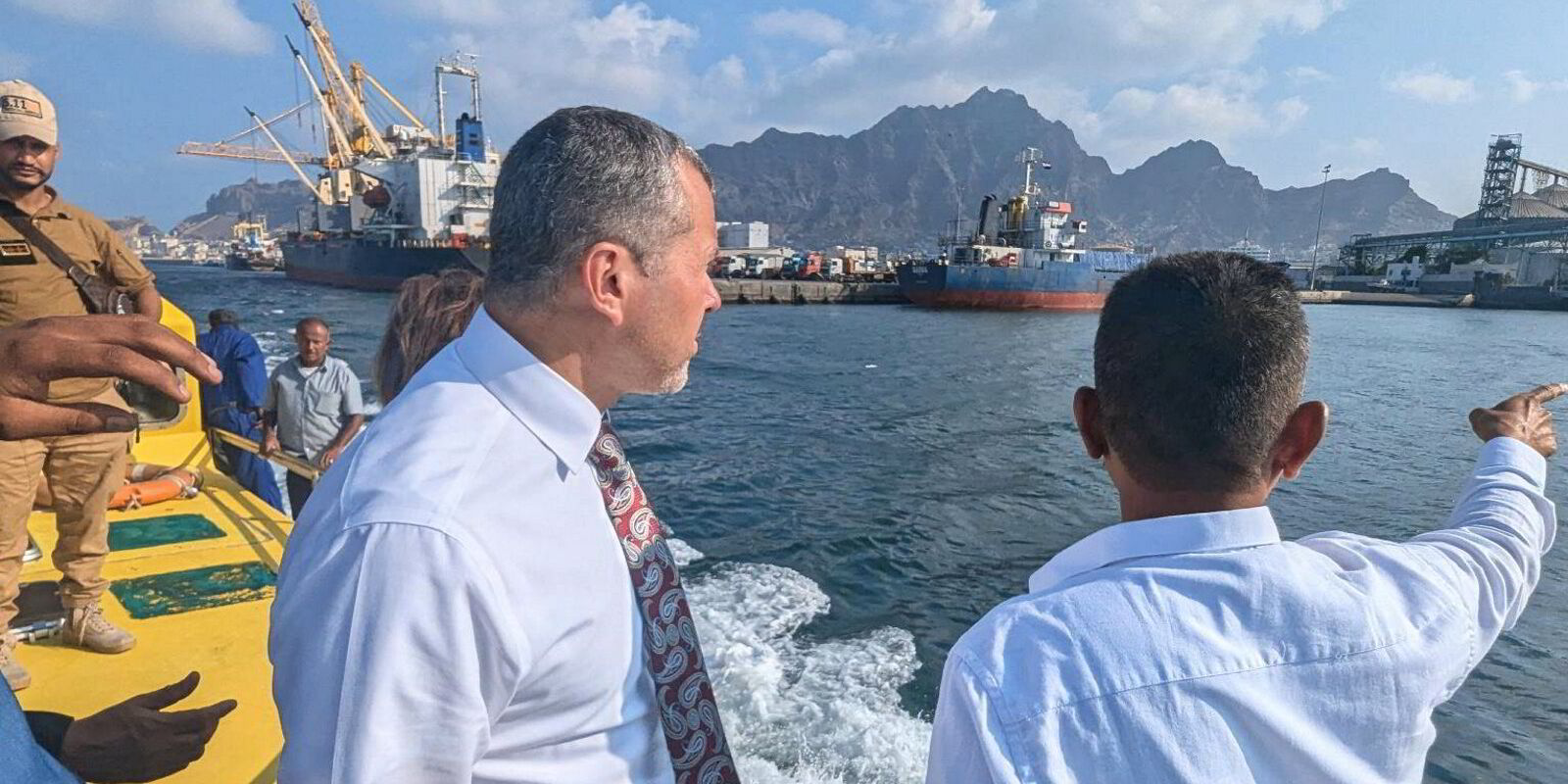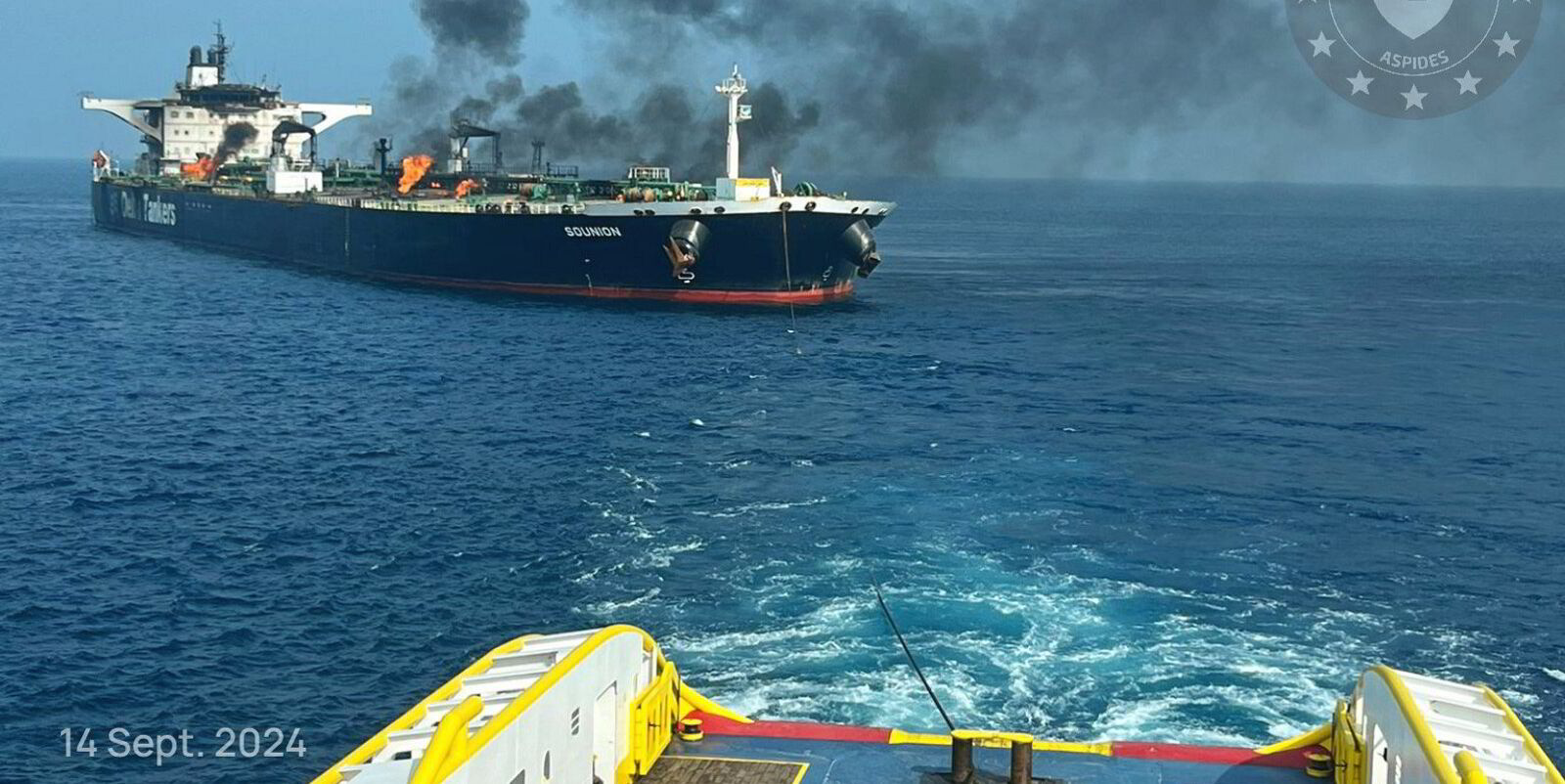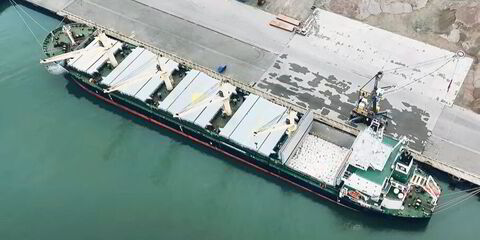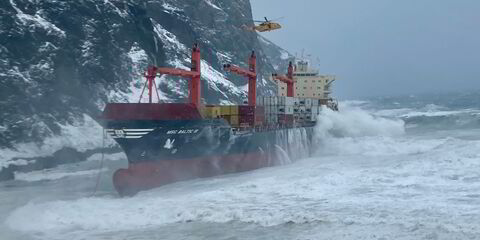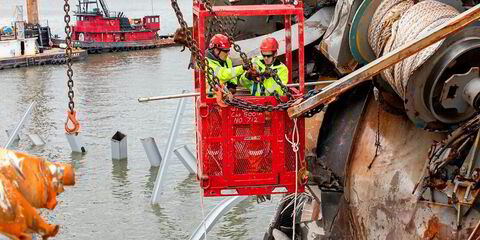Well-known lawyer and marine salvage expert Mike Lacey has died at the age of 81.
The former master mariner rose to prominence through his role as secretary general of the International Salvage Union (ISU) and other roles in the industry.
Lacey worked to foster a better understanding of the importance of the international marine salvage industry to world trade, TradeWinds is told.
His career started in 1959 when he joined Shaw Savill Line as an apprentice, remaining with the company for a decade, after having risen to the rank of chief officer.
Lacey then switched careers by taking a job with the well-known admiralty law firm Constant & Constant as a marine manager, marking the beginning of his long involvement with shipping salvage.
He handled a large number of cases on behalf of international salvors, proving particularly popular with German salvor Bugsier, Dutch company Smit Tak and South African operation Safmarine.
One of his most notable cases was the collision in December 1977 between the 300,000-dwt VLCC sisters Venpet and Venoil (both built 1973) off South Africa.
He represented salvor Safmarine following the accident, during which the Venoil, fully laden, caught fire.
Local media reported the two tankers had altered course to wish each other Merry Christmas, but this was proven to be a fabrication.
The accident took place in thick fog and neither ship knew the identity of the other until afterwards.
After nine years at the law firm, Lacy moved to Horrocks & Co, with clients including UK company United Towing and a Greek consortium.
Drafting an industry standard
He was invited to sit on the Lloyds of London Salvage Working Group, which formulated and drafted the 1980 version of the Lloyds Standard Form of Salvage Agreement, commonly known as Lloyds Open Form or LOF.
His participation added first-hand experience to the historic decision to amend the classic concept of “no cure, no pay” for the salvor.
This was done through the insertion of a clause compensating the salvor, even if “no cure” had been achieved, for expenditure incurred in respect of laden, or partly laden, tankers.
United Towing eventually offered him the managing director role in 1981, and Lacey oversaw the deployment of three tugs to the UK Ministry of Defence during the Falklands War.
One of these, the Irishman, took the Atlantic Conveyor UK naval vessel in tow after it was hit by an Exocet missile.
Despite the efforts of the tug crew, the ship subsequently sank.
Two of the crew of the Irishman were awarded the British Empire Medal for their parts in the incident.
Higher award negotiated
The UK hurricane of 1987 brought more cases for Lacey.
The Sealink ferry Hengist (built 1972) was driven ashore off Folkestone and was refloated after a week.
Lacey persuaded the Lloyds arbitrator that the Hengist’s market value was higher than originally established, owing to its commercial link to the Orient Express, thus giving United Towing an increased award.
“Mike’s tenacity and his grasp of both the commercial and legal elements of salvage made him a formidable operator,” TradeWinds is told.
In 2006, he stepped away from his legal career to become secretary general of the ISU.
He officially retired in 2012 at 70 years of age but inevitably continued his involvement in the industry.
Lacey published an autobiography in 2021, called Full Circle.
He was married to Liz for 59 years, and had three sons, Mark, Simon and Jonathan, who have all followed in their father’s footsteps with careers as seafarers.
There are also five grandchildren.(Copyright)
